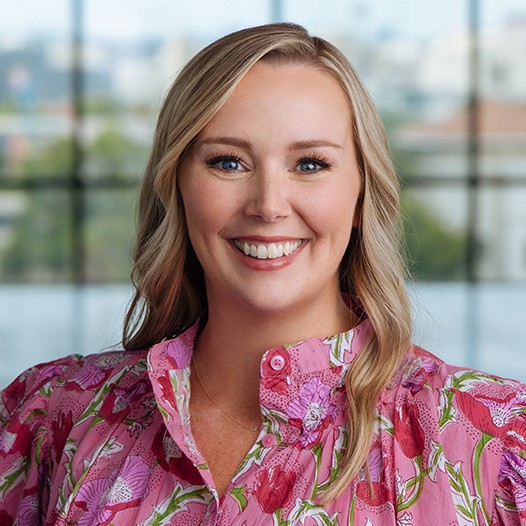We’re excited to introduce you to the always interesting and insightful Ashley Landers. We hope you’ll enjoy our conversation with Ashley below.
Hi Ashley, thanks for joining us today. The more we talk about good leadership the more we think good leadership practices will spread and so we’d love for you to tell us a story about the best boss you’ve had and what they were like or what they did that was so great?
I’ve been lucky to have great leaders throughout my career. I have no doubt that my success directly stems from their mentorship. While their management styles were all very different, what each of them had in common was the way they exuded confidence in themselves and in turn, in me. They pushed me to be fearless and always had high expectations. They didn’t allow for excuses. They were masters of one-liners that gave me something tangible to evaluate myself and my own career development against. Some of which I still use and repeat today: “Surround yourself with people that are better than you.” “Just do good shit!” “Get out of the way of a good idea.” Really simple ideas but really hard to hold yourself to as a standard every single day.

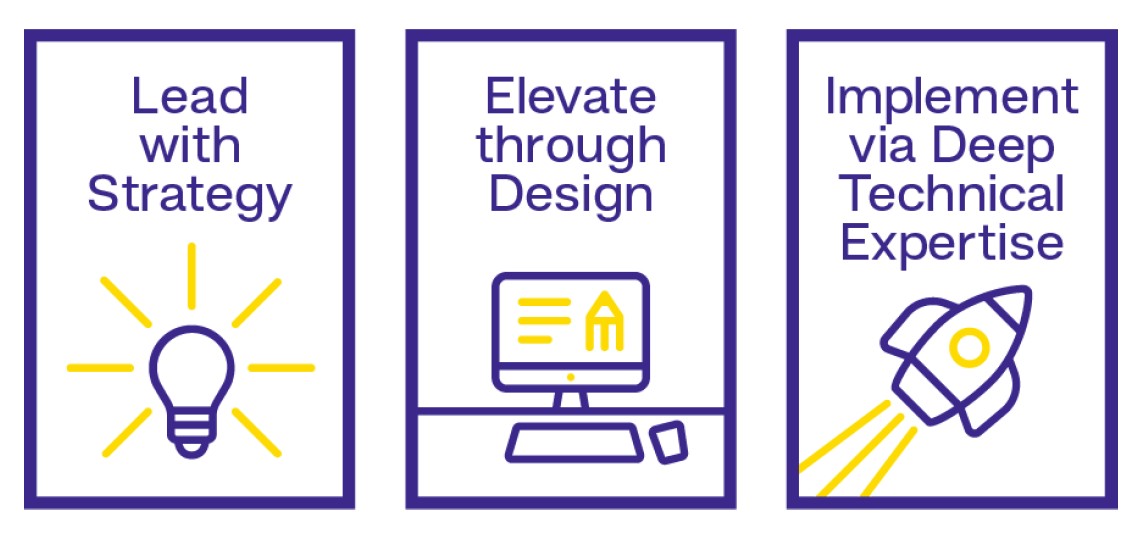
Ashley, love having you share your insights with us. Before we ask you more questions, maybe you can take a moment to introduce yourself to our readers who might have missed our earlier conversations?
I started my career in 2004 in what was considered a very niche industry at the time: US Hispanic Marketing. I was interviewing for what I thought was an internship in San Antonio, Tx at the world’s largest US Hispanic advertising agency, Bromley Communications. Bromley was part owned by one of the major ad agency holding group networks, Publicis Groupe. headquartered in Paris, France.
I ended up being offered a position to work on the Nestle account before I had even officially graduated college. Here I was this blonde, white girl from Arkansas with a heavy southern accent wanting a career focused on elevating the US Hispanic consumer. I also speak fluent Spanish (without that southern drawl I have in English) so you can imagine how I stood out at the time in a multicultural agency.
Nestle was headquartered out of Burbank, California. Bromley had a small office there and, unbeknownst to me, they were actually hiring me with the intent to have me move to Burbank to service the account. Within my first month, I was booking trips to fly to Burbank, meet with clients, and working with TV stations on live product integrations in their morning shows. Pretty glamorous for the girl that hailed from the tiny town of Ashdown, Arkansas.
I ended up staying based in San Antonio, Texas because Bromley decided not to keep the physical office in Burbank but I serviced the Nestle account for years and got to be a part of campaigns for iconic global brands like Wonka, Crunch, Nescafe, Coffee-mate, Juicy Juice and many others in their portfolio of brands.
With my experience focused primarily on packaged goods brands, I was pulled onto the General Mills account after the agency won that relationship. That’s when I got exposed more to the Publicis partnership model. We were the dedicated Hispanic agency but partnered with Saatchi & Saatchi in NYC as their general market agency, Burrell in Chicago as the African American agency and Zenith Optimedia’s NYC team as their media agency, plus occasional others.
This was back when audience targeting was still very segregated and approached as either the general market (speak to everyone the same) or some brands were “experimenting” with what they would refer to as growth market opportunities by carving out specific plans and dollars dedicated toward marketing to AA or Hispanic audiences. I like to think that at Bromley, we were championing equity long before it became a business buzz word.
And rightfully so, our clients started to see the impact to their bottom line tied directly to how much they invested in multicultural-forward marketing. We started leading with a multicultural strategy on brands like Honey Nut Cheerios and Yoplait. Eventually, I was appointed to lead all agency partners as the single point of contact for all of General Mills’ frozen foods division, which included iconic brands like Toaster Strudel, Green Giant, Totino’s and Pillsbury.
Life on a plane every week seems glamorous at first, flying to NYC to meet with the Saatchi team, then over to Minneapolis to meet with General Mills clients and back down to San Antonio. I certainly built up the frequent flyer and hotel points, but when I became a new mom, the travel got old quick.
Eventually, things changed and I took a job at Texas Creative, leading an agency with a portfolio of local and regional clients at the time that required very little travel other than day trips here and there. At first, my ego mourned the big brand names. But eventually I fell in love with the new creative challenges I saw in a small agency with really smart and eager talent all around me. Texas Creative was also at the forefront of the digital transformation era in the industry when, frankly, all the big agency groups were struggling to learn and adapt.
So I took what I’d learned in my career so far and ambitiously applied those principles to this small agency to start building it and the talent within it. Ultimately, in the world of communications, it always comes down to identifying problems to solve. That’s where opportunity comes from. At Texas Creative, our problems weren’t any different than most agencies. Positioning ourselves in a way that allowed us to unlock growth via new business.
New business is the lifeblood of any agency. If you can’t win it then eventually you won’t survive. Once we had key systems and programs in place, once we had clarity on who we were and what we did really well, we started to get aggressive in going after the right types of new business. Everything we do has a purpose that ties back to who we are. Our performance pillars are: Lead with Strategy, Elevate through Design, and Implement via deep Technical Expertise. In other words, our playground is where strategy, creativity and technology align. And we don’t bring work to clients without first asking ourselves if it’s ambitious enough. Ambition is the lens through which we operate, no matter the function or role within the agency. Everything starts with asking ourselves, is this an ambitious way to do this?
Why ambition? Ambition is never satisfied, it never rests, it can’t accept good enough. There is no finish line for ambition. Everyday is the first day for ambition. Ambition always has something left to prove. That’s who we are at Texas Creative. We’re ambitious problem solvers with something to prove!
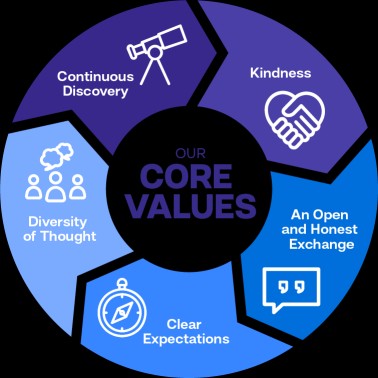
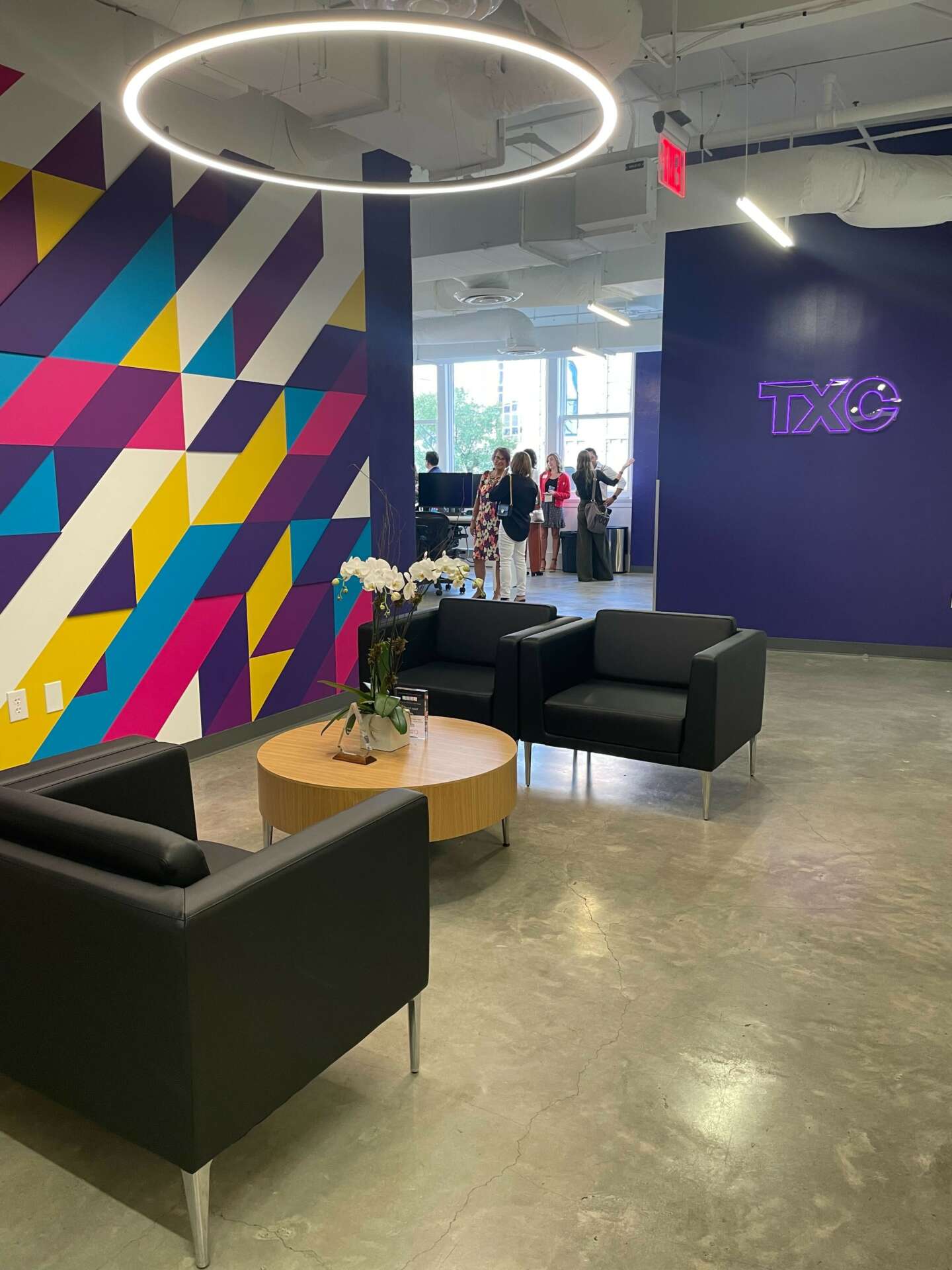
Let’s move on to buying businesses – can you talk to us about your experience with business acquisitions?
I bought Texas Creative along with 2 partners that are also employees of the company, Chief Information Officer, Art Williams, and Chief Creative Officer, Josh Norman. When we bought it from the original founders, Josh had been with Texas Creative for almost 20 years, Art for 10 and I was there for about 7 years prior. As employees, negotiating the purchase of the company you are also employed with is tricky. To the founders, it was their baby. So naturally they have an opinion on the value that was not aligned with what we believed the company to be worth in the sale.
The smartest thing we did was bring in a third party valuation company. In fact, it was required as part of our financing route through our lender to have a third party value the company. Banks won’t agree to lend against anything more than the appraised value so that’s helpful as the first step in negotiations while still employed by the previous owners. It turned the conversation from what they thought the company was worth to what the open market says it is worth.
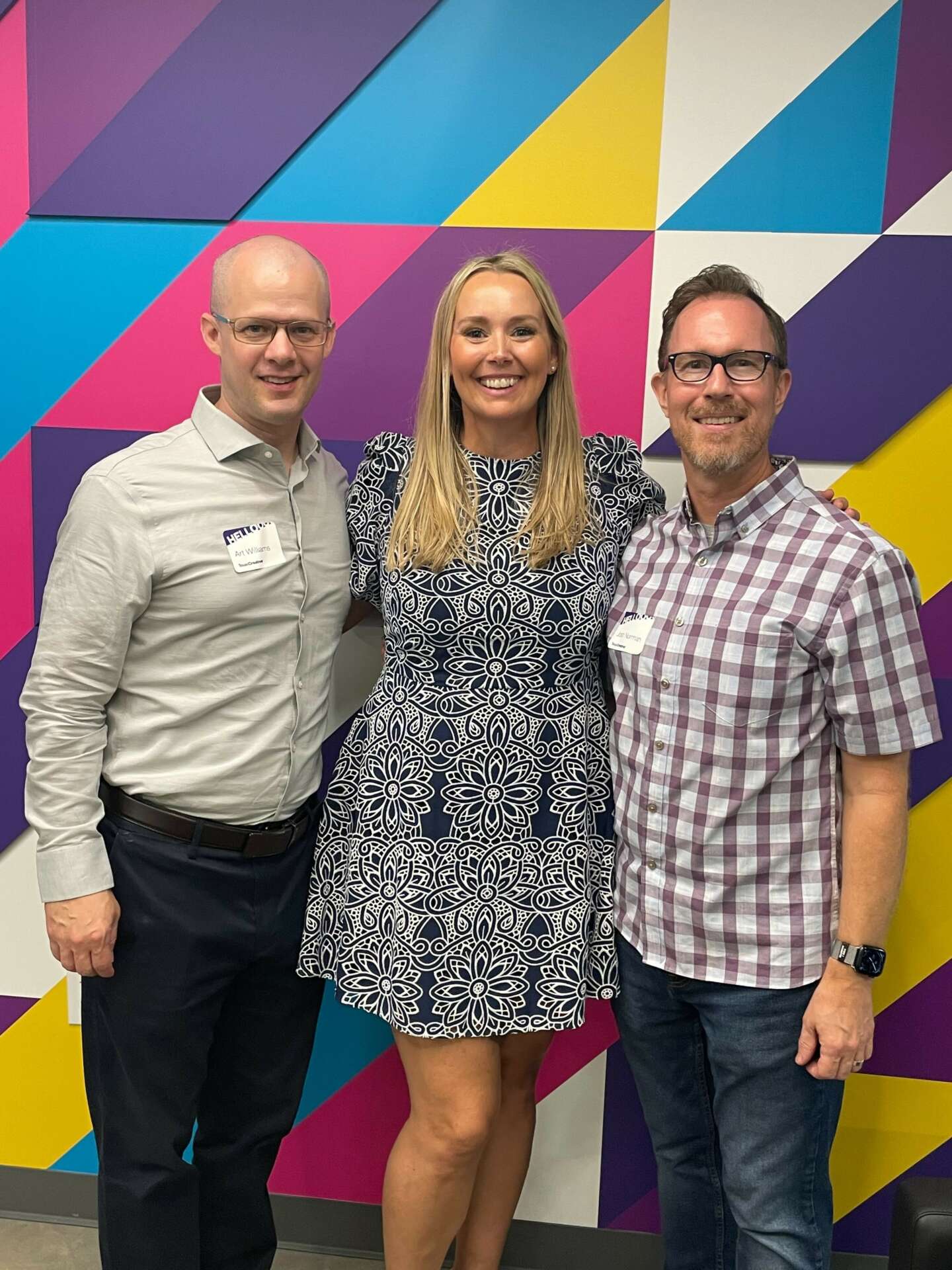
Do you have any insights you can share related to maintaining high team morale?
Texas Creative recently was recognized as a Best Place to Work. I love this award because it is judged based on what employees say about the company. The key being “what employees say”. I think listening and showing a direct response is key to management success.
In our annual evaluations process, we built in a section that asks how employees feel connected to our core values and something we call our “commitment statements”. In turn, we ask them to hold the company accountable as well to those same things. Good management means taking the time to expose and empower employees, but also being willing to adjust based on what you hear/learn from them.

Contact Info:
- Website: texascreative.com
- Instagram: https://www.instagram.com/texascreative/
- Facebook: https://www.facebook.com/TexasCreative
- Linkedin: https://www.linkedin.com/company/texas-creative/
Image Credits
Josh Huskin Marcus Romero


